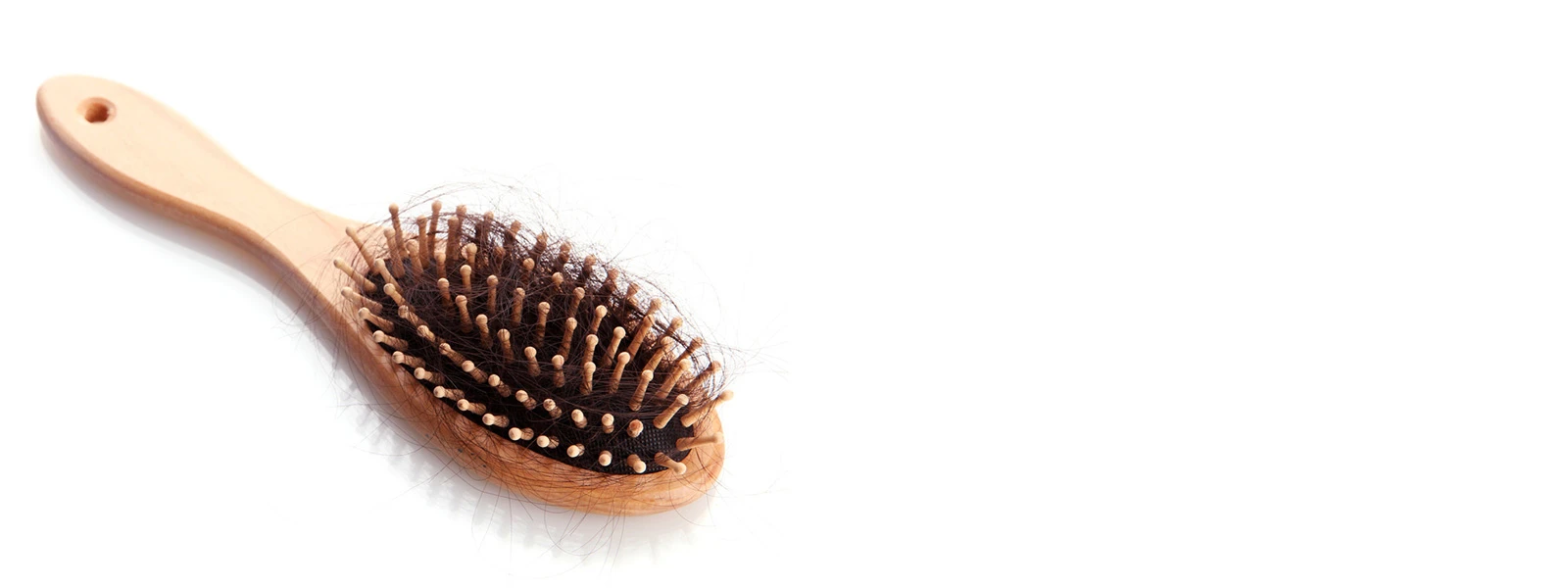The most common reason for thinning hair is androgenetic alopecia — also known as hereditary hair loss or female pattern hair loss.
Getting to The Root of the problem
Thinning hair can be caused by a number of factors like hormones and age, but the problem is usually hereditary. Androgenetic alopecia is a condition that causes your hair follicles to shrink over time. So while your hair may still be growing, the quality of that hair will become smaller, finer, and less visible — until eventually some follicles will no longer produce any new hairs at all.
THE HAIR GROWTH CYCLE
Your hair growth cycle follows 3 distinct phases. Understanding this process is the first step towards healthier, thicker, fuller hair.
Growth phase
Every hair begins in the growth phase, which can last anywhere from 3 to 5 years. During this phase, the hair grows about 1 cm a month.
Transitional phase
Next, the hair enters a transitional phase which lasts around 2 weeks. At this point, the cells at the base of the hair stop growing, just as they would in a healthy follicle.
Resting Phase
Finally, the hair follicles enter a 3-month resting phase. At the end of the resting phase, the hair is shed, a new hair replaces it, and a new growing cycle begins.
All women experience a certain degree of hair loss — shedding is a normal part of the natural hair growth cycle.
Androgenetic alopecia, or hereditary hair loss, however, is different. It actually shortens the growth phase of hair follicles — interrupting the hair growth cycle and causing hair to thin over time.
TAKING ACTION
You’re not alone in the fight against thinning hair. Minoxidil, the active ingredient in Women’s ROGAINE® Foam 5%, works by increasing the supply of blood and nutrients to your hair follicles — helping to strengthen existing hairs and encouraging new growth.
